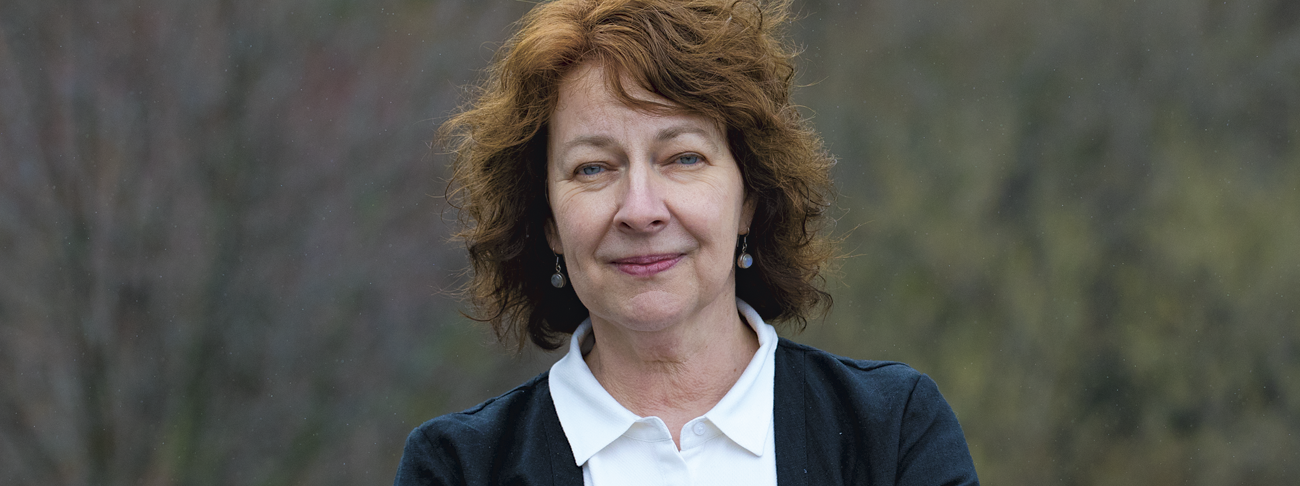
By Brenda Austin-Smith
As night follows day, so “Back to School” ads follow the August long weekend; that is, if they haven’t been around as early as the solstice itself. How we go back to school this year, though, remains a question with many possible answers.
The shutdown of in-person academic work in March 2020 was shocking. It took months for the emotional and psychological dust to settle. But the occupational reverberations continue. One result of that rupture was that our work, normally conducted in public and in physical community, seemed to disappear over night. Our research, service, and teaching efforts, in most cases, never actually stopped, but they did become alarmingly invisible to others. Along with that invisibility came just as alarming expectations that we would cope with working from home and the struggle to manage dependent care, home-schooling, poor access to research and teaching resources, all while doing our jobs.
Now, 18 months later, the opposite challenge faces us. As we contemplate differential access to and take-up of vaccines, as well as the physical conditions of our on-campus workspaces, a return to in-person raises questions of safety, fairness, and accommodation. The months of remote work for academic staff were characterized by inequities of all sorts. The return to our campuses threatens to be as well, unless there is careful attention to the intersecting obligations our institutions have to ensure a safe return to campus this year.
CAUT has drafted guidelines for re-opening college and university campuses, putting a priority on the recommendations of public health authorities. The health of education workers and students must remain a top concern. Our local workplace joint health and safety committees (JHSC) and our academic staff associations must also participate in the complex decision making about when and how to re-open. JHSCs are empowered by provincial legislation to identify hazards in the workplace and to make recommendations on how to prevent or mitigate those dangers. We know by now that in addition to sanitizing measures, increased ventilation, and Personal Protective Equipment (PPE), safe re-opening plans must also involve reasonable accommodation for academic staff at high risk. Collegial governance mechanisms side-stepped or suspended during the first months of the pandemic should be fully restored. These bodies should be the ones responsible for decisions about teaching modes and course cancellations as long as proper negotiations with the academic staff association take place and contract language is followed.
What is most pressing for many contemplating a fall return, though, is the matter of vaccination. Can a college or university unilaterally mandate vaccinations for its academic staff? Can an academic staff association demand that the employer require vaccine proof from colleagues and students? Does the right to refuse unsafe work hold in these situations?
In late July, CAUT sent out a memo sharing legal considerations for mandatory vaccine policies on campus. The memo emphasizes that in the absence of public health orders mandating vaccines, the lawfulness of any such policy will be context specific. While the science is clear that vaccination against COVID contributes to personal and community safety, a policy mandating a vaccine in the workplace must balance several legal elements. Among those are safety, collective agreement rights, privacy legislation, the right to bodily integrity, and human rights.
CAUT associations are urged to work closely with JHSCs and their administrations on developing institutional policies for vaccination, with safety and personal privacy in mind. But it is also critical to advise the employer in writing that the association reserves its right to challenge or grieve the application of that policy. As the CAUT memo states, caselaw on other mandatory policies suggests that in some workplaces involving close social interaction, employers could require workers to vaccinate or be forced to stay home. Unless the collective agreement provides otherwise, this could be without pay. As always, member associations are encouraged to contact CAUT staff and consult the CAUT website for updates and information as the return to campus unfolds. We need to share what is happening on our campuses with each other.
I want to end with a few words about who will not be returning to campus. Many contract academics lost work during the pandemic as funding cuts continued during the COVID crisis. Their presence in the physical and virtual world of academia contributed mightily to the quality of post-secondary education across the country. And nearly one hundred of our colleagues formerly employed by Laurentian University were laid off last spring in a brutal process that devastated the tricultural character of education in the North. We think of them and continue our activism for workplace rights and justice, this year especially.